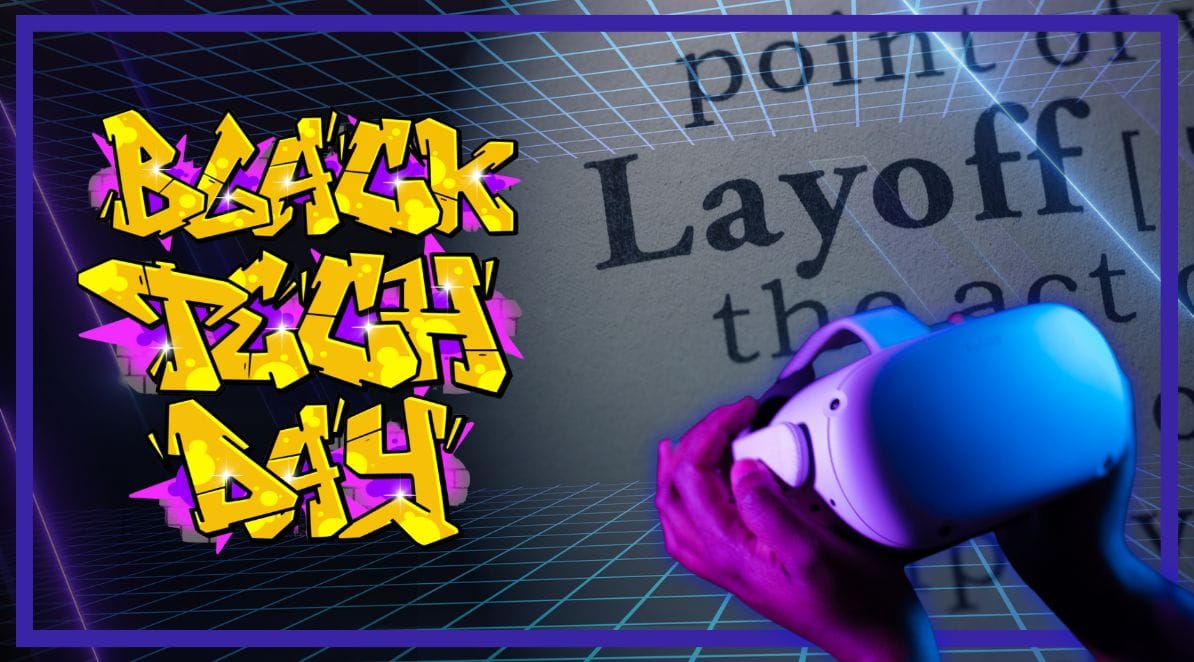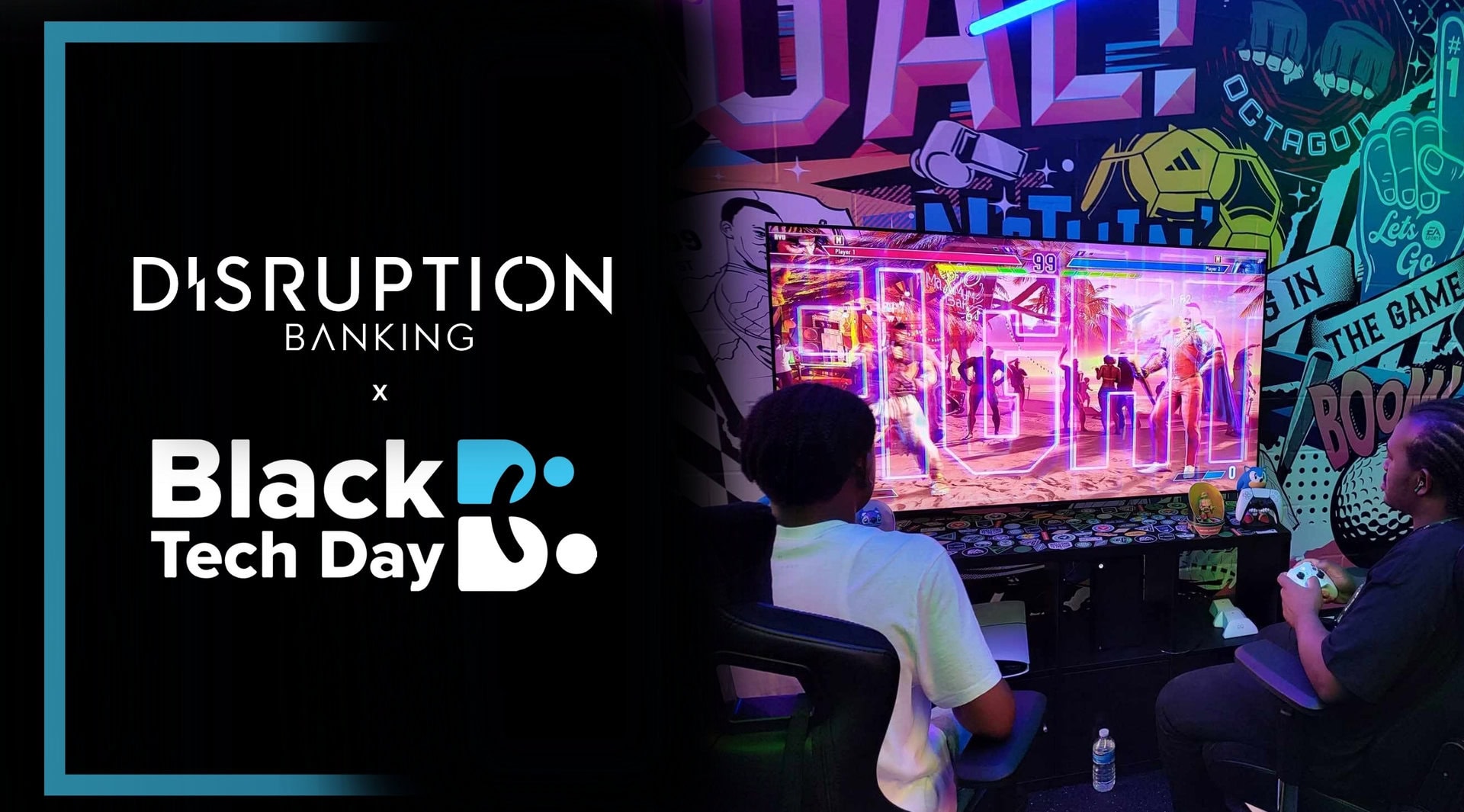Diversity and inclusion initiatives are often divisive. This is hardly surprising. For those who lack the opportunities afforded others, the sense of injustice is palpable. On the flipside, there are those who rail against the very proposition of “white privilege” existing.
But there is a diversity gap, especially in tech. No matter where one stands on the initiatives to improve this gap, the financial consequences are hard to argue against.
McKinsey’s “Diversity Wins: How Inclusion Matters” report evidences the impact of diversity on profitability. It found that companies with the greatest gender diversity were 25 – 30% more likely to have above-average profitability. Where ethnic and cultural diversity are considered, the top quartile of companies outperformed the bottom by 36%.
A report by @mckinsey shows that greater diversity in companies leads to better performance. Companies with over 30% women executives outperformed those with 10-30% women executives, and had an advantage over companies with fewer or no women executives. https://t.co/18KfEGaGGt pic.twitter.com/nKYotfHmdE
— Women of Influence (@WOIGlobal) June 27, 2023
In the UK, a recent report by NatWest and Code First Girls predicts that attaining gender parity in tech could boost the economy by £2.6bn. That goes up to £45 billion when expanded to include social mobility across all sectors.
Going further, the UK government’s Department for Science, Innovation and Technology calculate the digital skills gap loses the UK economy up to £63 billion annually. Improving opportunities for all parts of society in tech would create greater value for all.
Diversity and inclusion clearly make a difference to companies. Increasing profits and creativity, connecting better with customers and understanding global clients, faster problem solving and attracting the best talent from the widest pool, the lists go on.
What does diversity in tech look like now?
Globally, women in technology organisations make up just 29% of the workforce. Ethnic minorities only represent 22%. Those numbers are across all functions in those companies.
When drilling down into more specific technical roles, the numbers drop further. For example, in cybersecurity, only 12% of teams are women or from ethnic minorities. In the AI, analytics, data science and data management teams, women make up 15% and ethnic minorities 12% of teams.
This diversity disparity is further amplified in remuneration. In the UK, the gender pay gap in tech is 26%. That makes it worse than across all other sectors where it stands at 14.9%. Not only does it appear harder for the underrepresented to get a foot in the door, once there they are paid less than colleagues.
Inclusion and promotion appear to present another set of barriers. Analysis from Technation up to 2021 provides startling reading on the state of the tech sector in the UK. Less than 1 in 10 C-suite leaders were female. Women make up just 3% of CTOs, 0.6% of COOs, and 0.4% of CFOs. Across all “senior roles” only 13% are held by ethnic minorities.
Investment in startups also shows a stark gap in funding based on gender and ethnicity. According to Extend Ventures, from 2009 – 2019, all female teams received just 3% of VC funding. This was followed by BAME founders receiving 1.7% of VC investment, though Black entrepreneurs received just 0.24%. And black female founders? 0.02%.
Check out our new report on venture capital funding for diverse entrepreneurs. One of our key findings: Black founders received just 0.24% and female founders only 11% of venture funding in the last 10 years. Get the full report here: https://t.co/HEpfD0pCFJ
— Extend Ventures (@ExtendVentures) November 2, 2020
Tech layoffs making a bad situation worse
As the tech sector has faced a financial crunch, cost-cutting measures have led to widespread layoffs. Indeed, reportedly over 100,000 people have lost their jobs according to tracking by layoffs.fyi since the start of 2023.
It is important to remember that data shows that during the pandemic, layoffs disproportionately affected women and people of colour. The racial gap in employment increased in the pandemic and remained higher after.
Furthermore, with hiring dropping, HR teams, which includes corporate diversity teams, often face the brunt of cutbacks. According to SHRM, Meta, Stripe, Amazon, and Lyft reported significant impacts on their HR teams during the latest round of layoffs. Perhaps the most high-profile example has been Twitter which lost its entire DEI team almost overnight after Elon Musk’s takeover there.
Tech industry diversity is slowly improving – but at senior levels, the representation issue is getting worse.
— TechLondonAdvocates (@TechLondonAdv) March 1, 2023
The Diversity in Tech report by @techcharterUK is now out👇
Learn more about Tech Charter’s findings on diversity across the sector: https://t.co/cyv9quDb45
So, we are now in a situation where women and the BAME community are less likely to find employment in the tech sector. When they do, then they can expect a lower salary and less of a chance at promotion. And if the company finds itself in difficulties, they are the people more likely to lose their jobs.
How to improve diversity in tech
A 2023 McKinsey report, argues, “Businesses, nonprofit organizations, and public-sector agencies must take coordinated action to increase Black representation in tech jobs.”
The report highlighted several keys to increasing opportunities and representation in the tech sector: “improving STEM education… expanding opportunities for alternatively skilled talent, replacing mentorship with sponsorship, and empowering Black leaders to thrive.”
Clearly, education and access to opportunities to upskill are crucial. But in underpriviliged communities in particular, mentoring and sponsorship should underpin these efforts. For many young people, a career in tech seems completely out of reach. Empowering women and BAME leaders and providing them a platform to become role models further strengethens the message.
This is where initiatives such as Croydon’s Black Tech Day can have an impact. The event in August will bring together a range of stakeholders with the aim of increasing representation in the tech sector. It will also provide crucial financial education to families in underserved areas.
Black Tech Day
By bringing together providers from across Further Education, Higher Education and Apprenticeships, a full range of opportunities for anyone aged 16 and over will all be under one roof. Furthermore, programmes such as the Croydon Digital Skills Hub, part of the GLA’s Mayoral Academies, aims to provide ways for people to upskill and transfer from other sectors into the digital world.
At the same time, the event will provide a platform for leaders from the BAME community to talk with attendees and share their knowledge and experiences. Speakers include Lavinia Osbourne of Women in Blockchain Talks who connected with Disruption Banking last year. We caught up with her again about the power of events like this to promote greater diversity and inclusion in the sector.
“Diversity in tech is not a “just nice to have” but imperative to the exponential growth of emerging tech and the global equity it produces. Who is shaping these technologies? The products that will be sold to future consumers? If we do not take the time to learn from the past and act accordingly, then we will continue to have the same inequalities that we have today. Black Tech Day is a great start and I am excited to be a part of it.”
In promoting BAME voices, the day wants to show young people that role models who look like them are out there breaking down barriers and laying the path for future generations to work towards.
Find out why the @mrdextersimms is organizing the First Black Tech Day in the UK
— #DisruptionBanking (@DisruptionBank) June 7, 2023
From the streets of Brixton to the Metaverse
Bringing the opportunities the #metaverse represents back to the community
Find out more in today's Feature:https://t.co/2ukP5eTqkd
Dexter Simms, Black Tech Day’s founder, told us why he thinks the event can help with diversity in the sector.
“For many young black people, when they see or hear about tech they don’t feel included. They don’t think they stand a chance of ever getting an opportunity in tech let alone building a successful career. We know that black representation is too low. But that’s also true for many people from underprivileged communities like Croydon, irrespective of race. With Black Tech Day we want to provide a space for everyone in the community to see they really can access those chances.”
Author: Mike Davies
Read more:
The First Black Tech Day in London | Disruption Banking
Lavinia Osbourne Talks Women in Blockchain | Disruption Banking

















